Delta 8 THC has become well-known as the "legal" alternative to traditional THC cannabis in states where it is not yet legal. But there are some important questions to ask before purchasing, the most important being; is Delta 8 THC safe?
39 States including Washington D.C. have legalized cannabis either recreationally, medically or both. For the remaining 11 states, a thriving market utilizing what’s known as “THC Analogs” has filled the space. THC Analogs, also known as THC isomers or semi-synthetic cannabinoids, are a group of compounds structurally related to Δ9-tetrahydrocannabinol (Δ9-THC) that are often produced from hemp-derived cannabidiol (CBD). In short, through the conversion of CBD, new forms of THC can be created that are not explicitly banned under federal law.
But how is any of it legal in the first place?
How The Government Legalized THC Analogs
In 2018, the federal government passed the Farm Bill, a broad legislative piece directed at providing relief, stimulus and government resources to farmers in the country. One of the ways to help stimulate the farming economy was to legalize the production and sale of hemp. In doing so, the government set a very specific definition to determine what qualifies as “hemp”. Hemp is defined under the 2018 Farm Bill to include any cannabis plant, or derivative thereof, that contains not more than 0.3 percent delta-9 THC.
In other words, as long as a cannabis plant has under 0.3% Delta-9 THC, it is legally considered hemp. This legislation has no language referring to THC analogs like Delta 8, enabling producers to begin growing hemp, and converting the CBD in the plant to create Delta 8 THC and other analogs. An unforeseen complication for legislators, and a welcome loophole for consumers.
Today, the legal hemp industry has surpassed recreational and medical cannabis markets in terms of revenue, sparking discussion surrounding its legality.
Why is Delta 8 THC Controversial?
When the Farm Bill federally legalized hemp, a framework of regulation needed to be established. This began the rapid race of federal agencies like the DEA and FDA to regulate the production and sale of hemp, and CBD in particular. As CBD products began appearing in headshops and gas stations, the need for safety measures became palpable.
However when Delta 8 THC came along, that framework was not in place. To this day, there is no regulatory framework in place for Delta 8 and other THC analogs. That is to say, Delta 8 THC products are entirely unregulated. For this reason, it has become a hot button issue not only for local governments trying to tackle the growing market, but also for legal industry operators trying to compete with an unregulated, unfettered cannabis marketplace.
Due to the lack of language saying otherwise in the Farm Bill, Delta 8 THC and other THC analogs are de facto legal under federal law. This gives what would be classified as “hemp businesses” unique benefits that are currently unobtainable by recreational cannabis businesses. That is federal banking access, tax write-offs, loans, and more.
In other words, the Delta 8 THC industry benefits from all the access afforded to traditional businesses, despite being entirely unregulated, while legal cannabis businesses operating in their respective states get none of those benefits, in addition to being extremely restricted by regulation.
When viewed this way, it is easy to see why Delta 8 THC and other THC analogs have become a hot button issue. The lack of regulation and confusion surrounding Delta 8 has led to a prevalent question; is Delta 8 THC safe to consume?
Is Delta 8 THC Safe to Consume?
The short answer is that we don’t really know. In 2019, hundreds of individuals were hospitalized, and dozens ended up dying due to harmful chemicals that were being cut into illicit market cannabis vape pens. Everybody knows that there is inherent risk in participating in any illicit market due to lack of regulation. It is the same case with Delta 8 THC and other THC analogs.
These products are entirely unregulated. There is no government body, no local regulatory body, no oversight whatsoever into the production and sale of Delta 8 THC products. In this way, Delta 8 THC operates in a “grey” market. Yes it is legal (for now), but apart from taking the manufacturer’s word for it, there is no way of knowing the safety and efficacy of the products you purchase. A manufacturer might have COAs (Certificates of Authenticity) to prove that their products are legit, but ironically, even those can be faked.
Here’s the reality; anybody who has been willing to risk purchasing cannabis from the illicit market will likely be willing to purchase Delta 8 THC products. There is a perceived, improved measure of safety with these products because they can be sold at legitimate businesses like smoke shops and gas stations. But don’t be fooled; there is just as much risk purchasing legal Delta 8 THC products as there is purchasing a cannabis vape pen on the illicit market.
The Clear does not make Delta 8 products. We focus on creating the cleanest, most flavorful vape pens, pre-rolls and edibles for a wide range of consumer needs.

